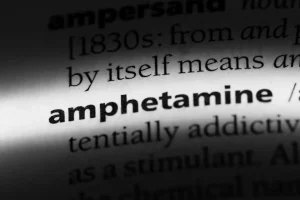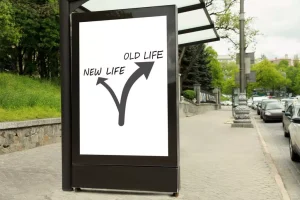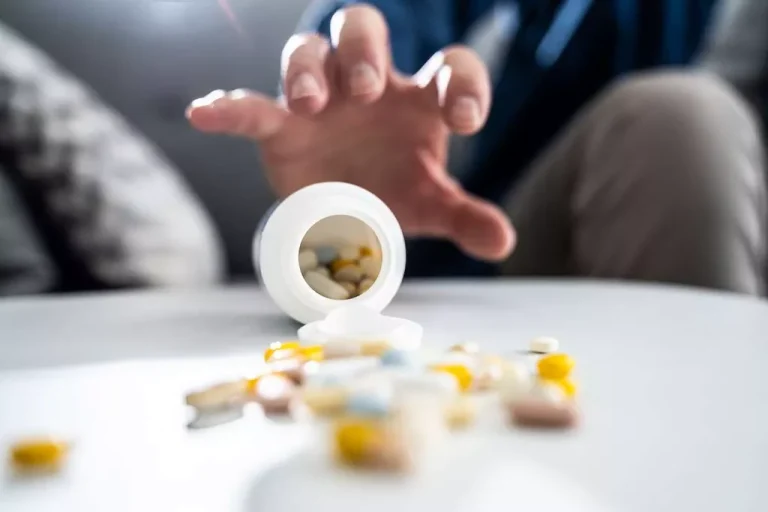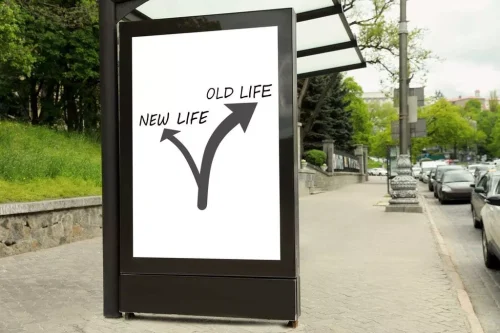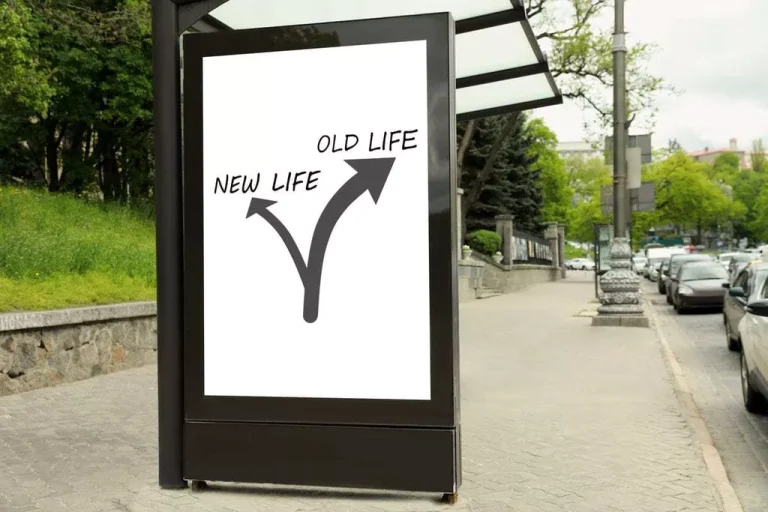Alcohol significantly affects rapid eye movement (REM) sleep, a vital sleep stage for cognitive functions like memory consolidation, learning, and emotional regulation. Alcohol suppresses REM sleep, particularly during the first half of the night, reducing the amount of time you spend in this restorative sleep phase. Reduced REM sleep can leave you with brain fog and fatigue the following day. When you drink alcohol, it’s absorbed through the stomach and small intestine and moves into your bloodstream. According to research published in the Journal of Addiction Medicine, most individuals experience significant sleep improvements by the 3-month mark.
ways alcohol affects your sleep
- However, the alcohol will continue to damage their sleep cycles, and the problem will not get better.
- Beyond causing drowsiness and sleep disruptions, alcohol can have other adverse effects on your sleep quality.
- A healthcare professional can discuss available treatment options for alcohol use disorder and insomnia with you, including therapy, medications and lifestyle changes.
Yes, it’ll get you to sleep earlier, but alcohol inserts its presence into our normal sleep arrangement, which we call sleep architecture. “The effects of circadian desynchronization on alcohol consumption and affective behavior during alcohol abstinence in female rats.” Behavioral Neuroscience. Our inpatient treatment center will provide the evidence-based care you need to overcome sleep problems and other issues related to substance abuse. The main role of GABA neurotransmitters is to regulate the nervous system in the body. Alcohol harms the production of GABA, and may lead to physical, emotional , and mental health damage.
Lifestyle Quizzes
Lifestyle changes such as avoiding alcohol hours before sleep may be sufficient for treating mild, short-term insomnia. A 2019 study showed that individuals who sleep for under 6 hours each night have a 20% higher chance of heart attack than individuals who sleep https://ecosoberhouse.com/ between 6 and 9 hours. By making some practical adjustments, you can achieve better sleep and a healthier relationship with alcohol. Let’s dig into why alcohol affects your sleep patterns and how to recover your natural rhythm.
Frequently Asked Questions About Alcohol Withdrawal Insomnia
Although experts can’t be certain that alcohol directly causes insomnia, numerous studies have found a link between this sleep insomnia after drinking disorder and alcohol consumption. Additionally, anticonvulsant medications have shown effectiveness in treating people with alcohol withdrawal insomnia. A 2002 study showed that carbamazepine was superior to lorazepam in treating sleep disturbances during alcohol withdrawal.
2.2. Alcohol and circadian rhythm abnormalities.
Sleep apnea is a common sleep disorder affecting a significant percentage of the adult population which is caused by narrowing or collapse of the airway during sleep. This results in interrupted breathing, loud snoring and poor quality sleep. On average, the liver metabolizes one standard drink per hour, but this rate can vary.
If you drink, practice moderation and prioritize your health with strategies like staying hydrated and maintaining good sleep hygiene to minimize the negative effects on your sleep. Avoiding alcohol altogether is recommended for a truly restful and restorative night’s sleep. Poor sleep quality impairs your body’s ability to regulate body temperature. For menopausal women, in particular, disrupted sleep can trigger or worsen hot flashes. Sleep disturbances disrupt hormonal balance, amphetamine addiction treatment which affects body temperature regulation. This article discusses the science behind why alcohol makes you sleepy, how to minimize drowsiness while drinking, and the broader effects alcohol has on your sleep and overall health.
- One theory is that it disrupts certain neurotransmitters that play a role in your sleep cycle.
- Once the majority of time spent in bed is sleeping, the time in bed can be gradually increased.
- In progressive relaxation therapy, training muscle tension and breathing are used to create a restful state.
- At Gateway’s addiction treatment centers, you can receive evidence-based care tailored to your specific needs.
- Short (20-30 minute) naps early in the day can boost your energy in the afternoon without disrupting your nighttime sleep cycle.
- Not only does drinking alcohol leave me with a serious case of acid reflux, though—it also makes getting a good night’s sleep pretty difficult.

